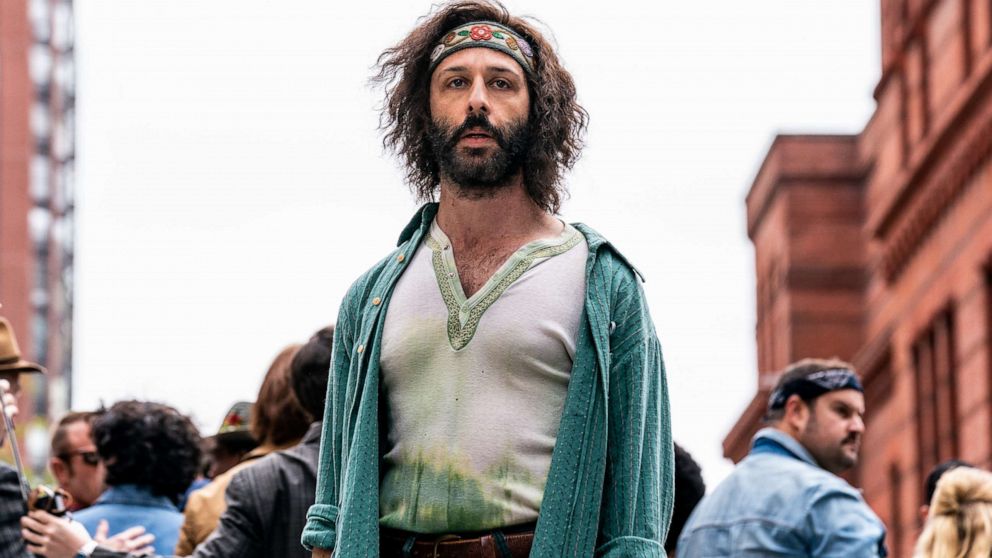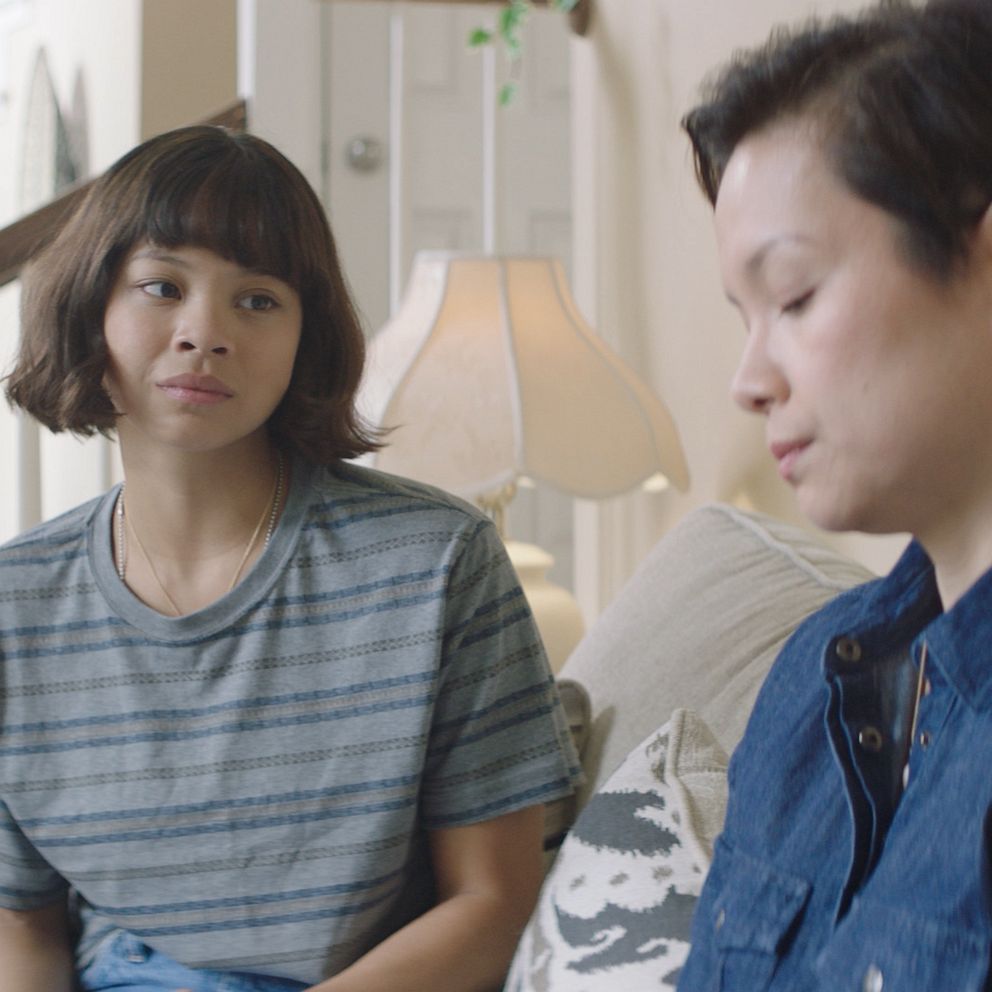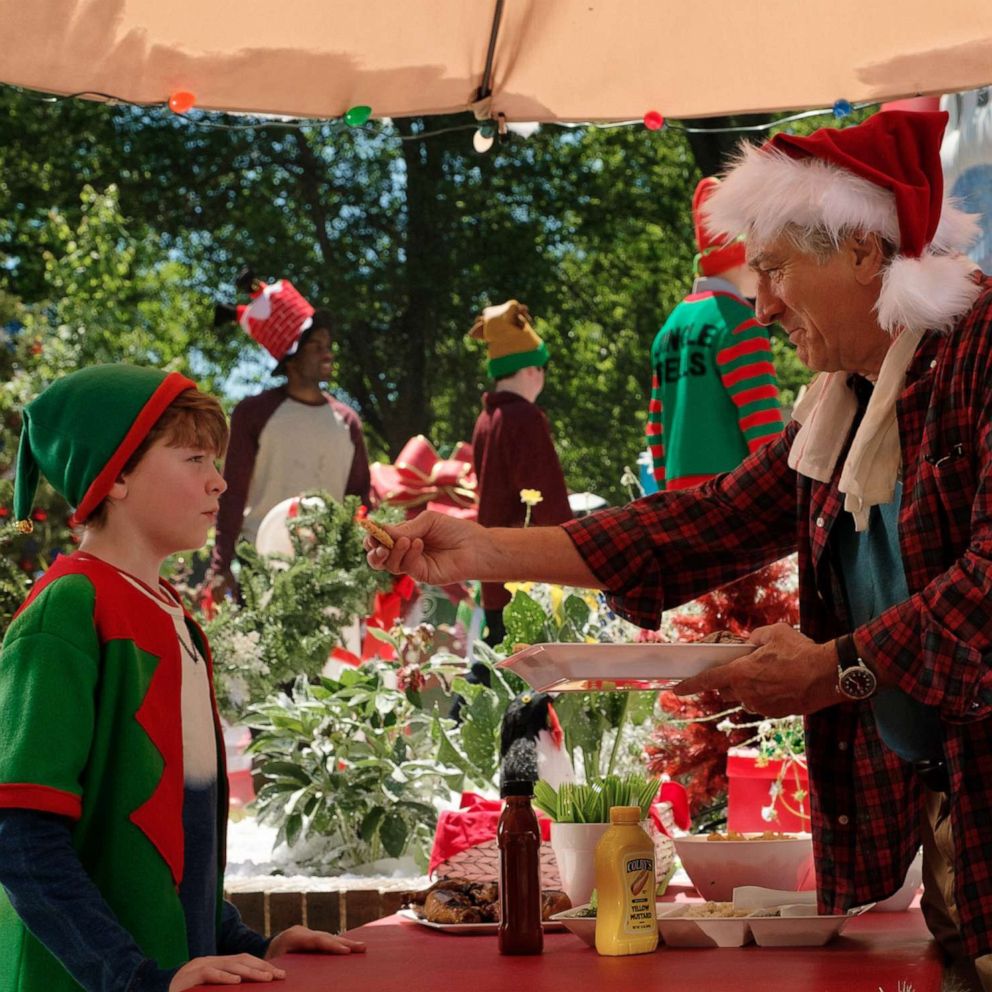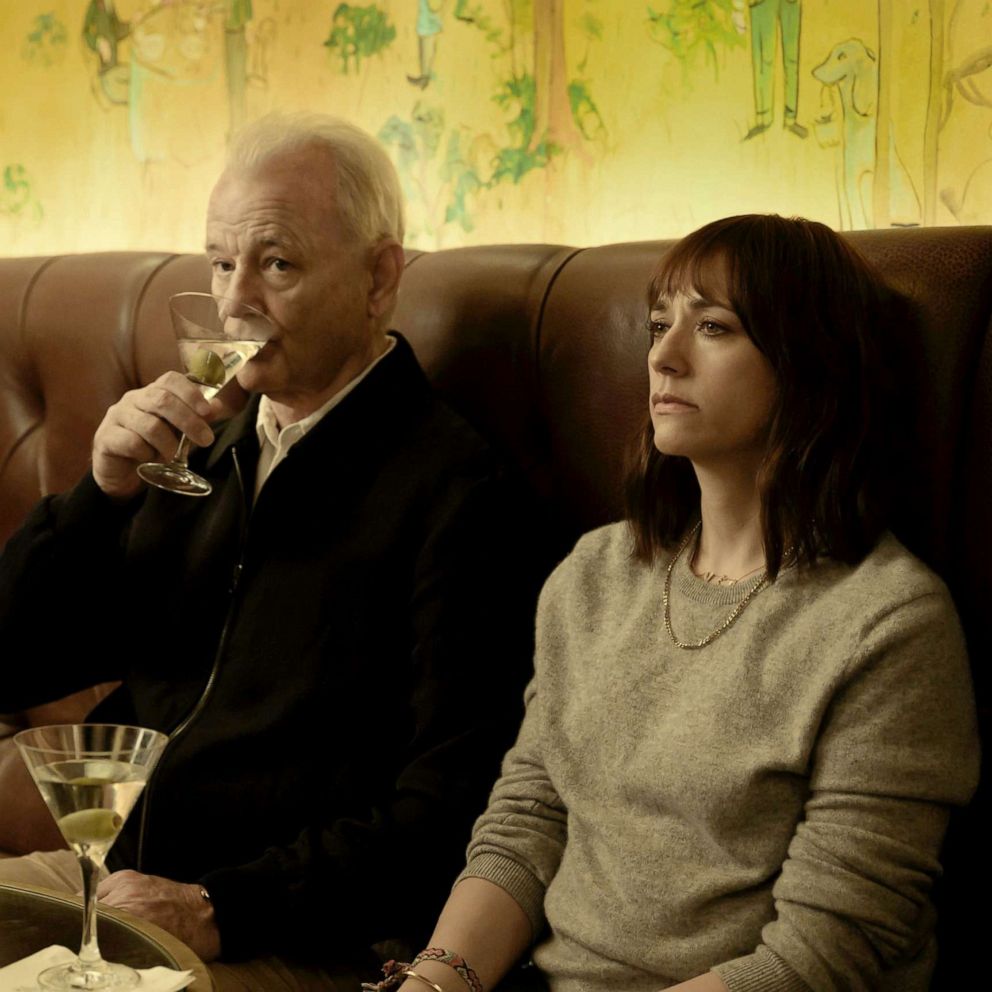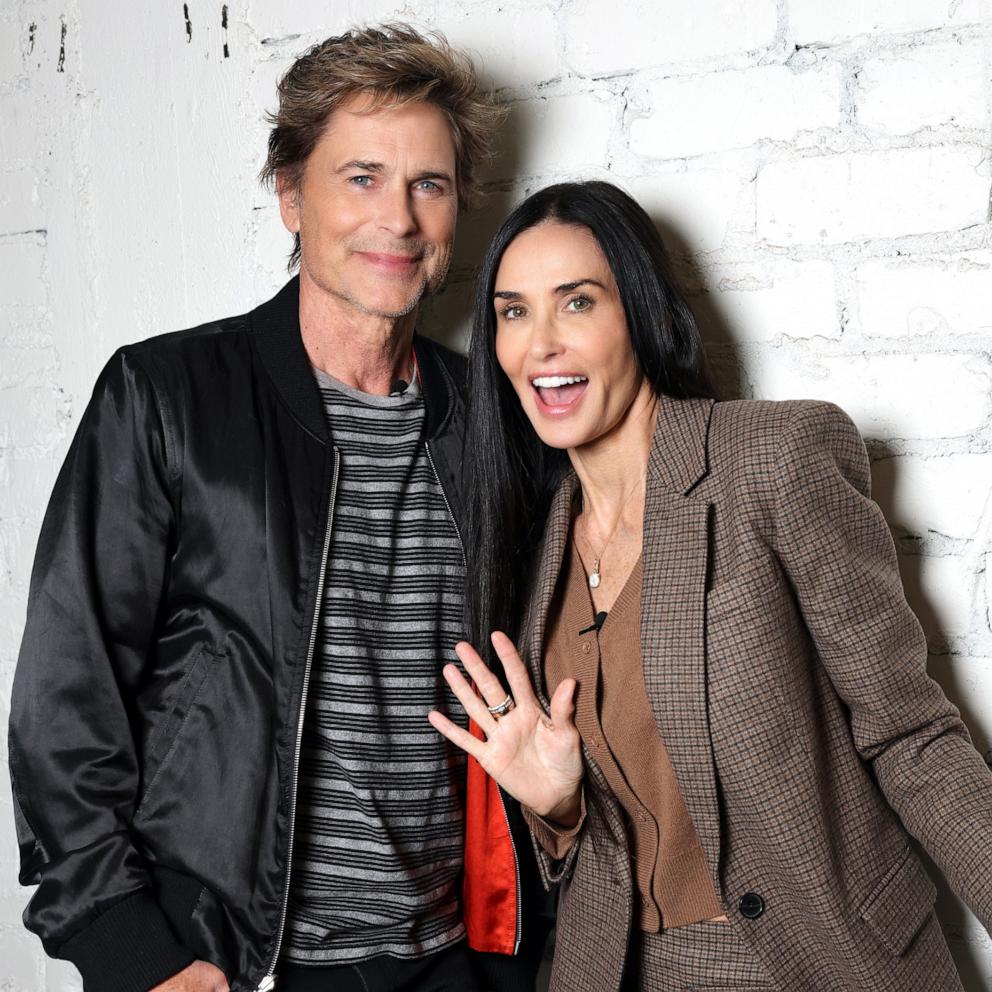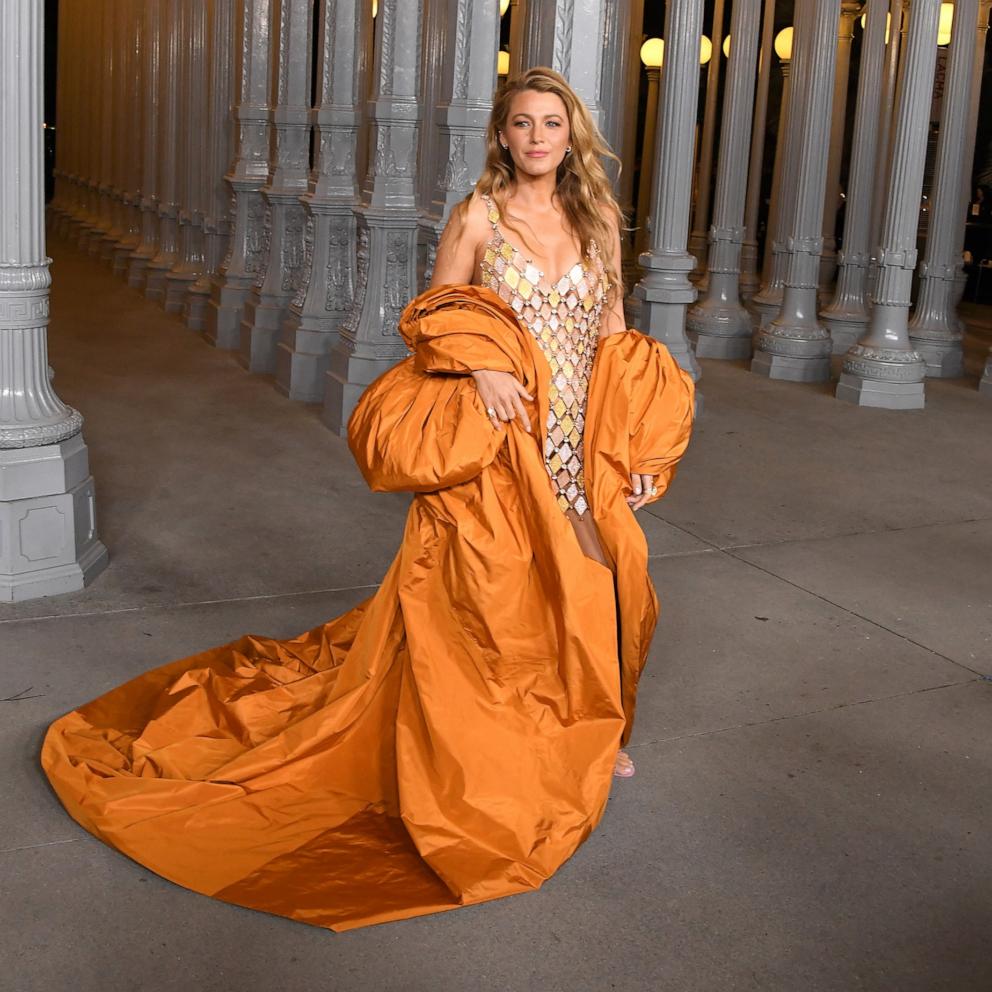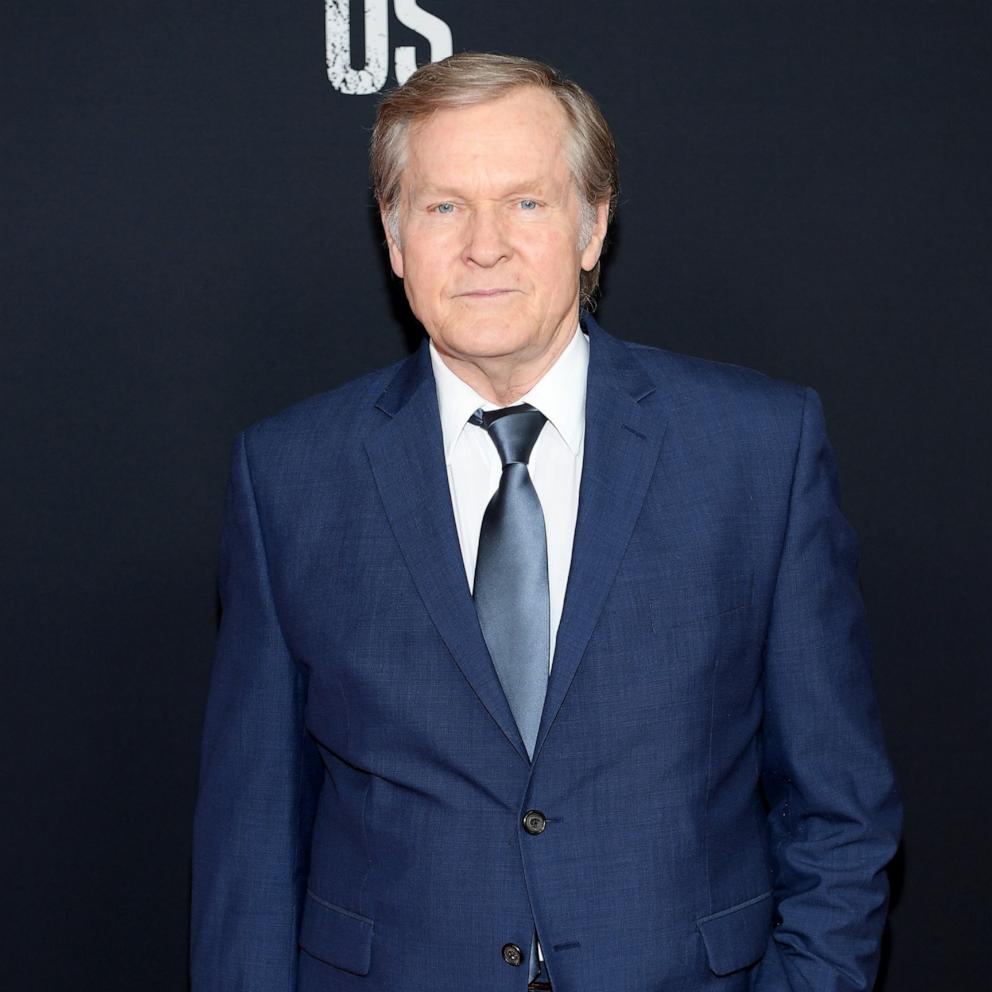'The Trial of the Chicago 7' review: The Aaron Sorkin film is a 'genuine movie event'
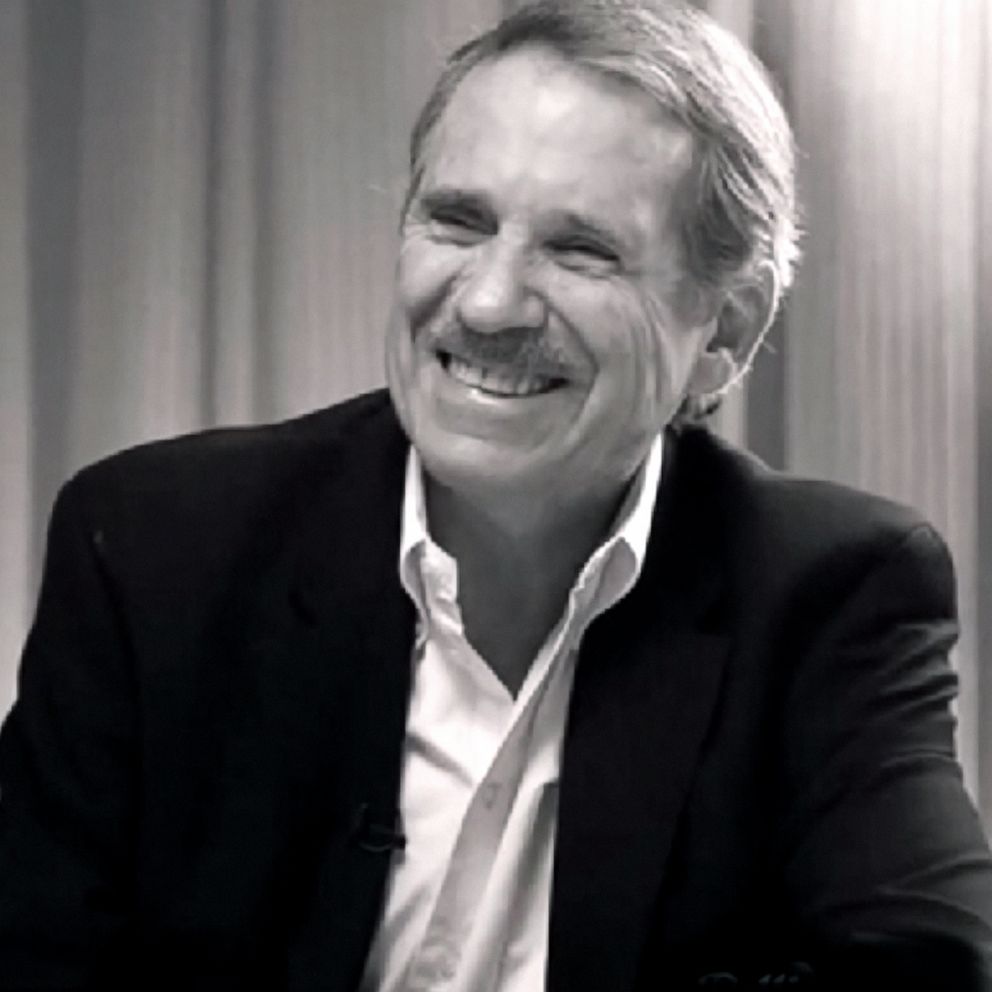
The fall awards season roars in with a cinema powder keg called "The Trial of the Chicago 7," which appears on Netflix on Oct. 16. It's a genuine movie event. Expect Oscar to sprinkle gold dust on writer-director Aaron Sorkin and a gangbusters cast, led by Sacha Baron Cohen, for recreating and sometimes embellishing the five-month federal trial in which the newly installed administration of Richard Nixon prosecuted eight radicals for conspiring to cause riots at the 1968 Democratic National Convention in Chicago.
What does a half-century-old legal action against Vietnam War protesters have to say to millennials? Plenty. With 2020 voters grappling with systemic racism, violent clashes with the police and a dissent-squashing government, "The Trial of the Chicago 7" burns with timely relevance that singes the screen.
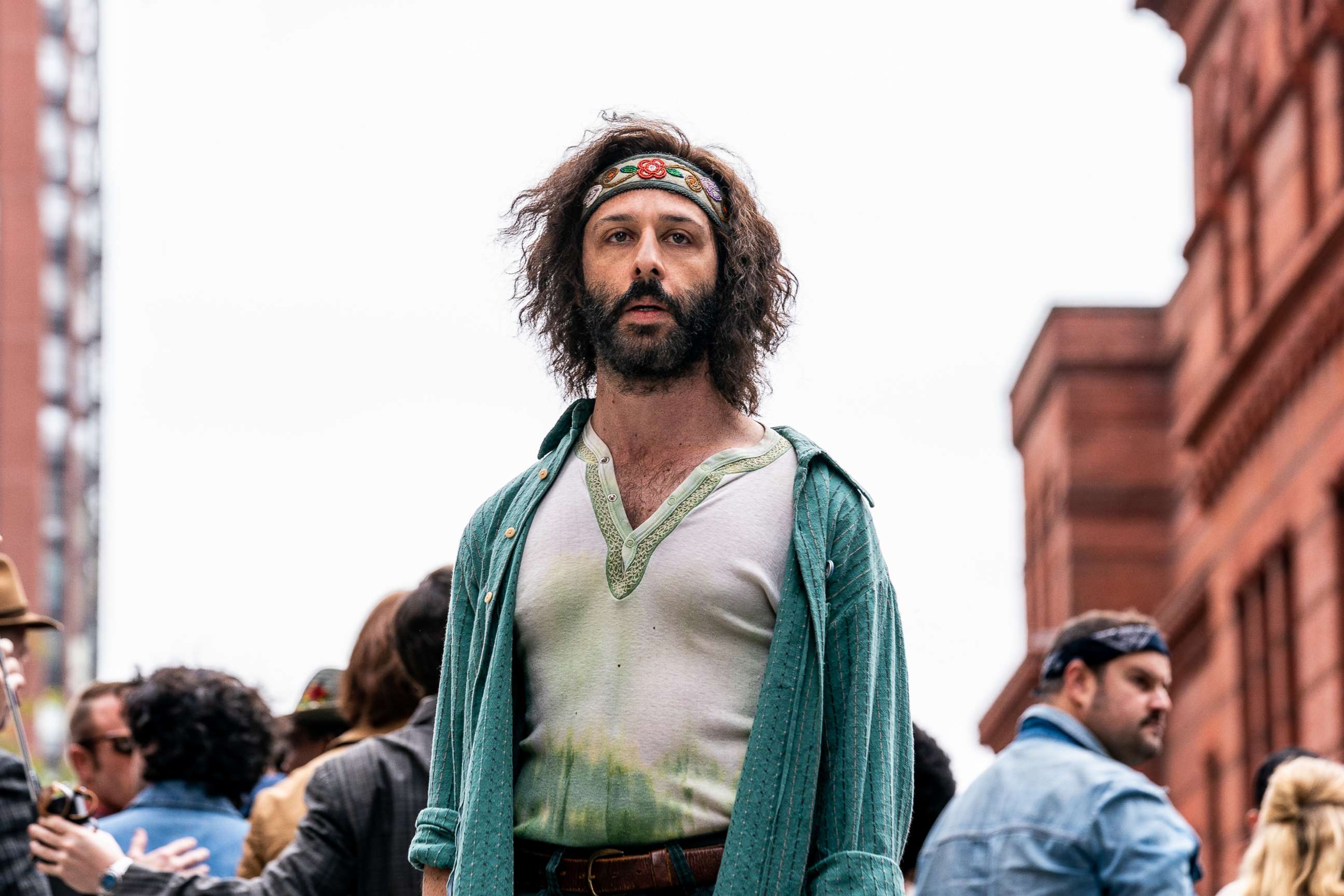
Baron Cohen, the incisive comic mind behind Ali G and the character Borat, aces the dramatic demands of his role as Abbie Hoffman, the co-founder of the Youth International Party, aka Yippies, whose long hair and swagger inflame presiding judge Julius Hoffman (a hissable Frank Langella). The same goes for Yippy stoner Jerry Rubin, who Jeremy Strong of "Succession" plays as a counterculture soldier disguised as a clown. The addled judge charged both men with contempt multiple times, notably when they arrived in court wearing judicial robes with Chicago police uniforms underneath. Hey, it happened.
In marked contrast stands buttoned-up Tom Hayden (a tightly-wound Eddie Redmayne), of Students for a Democratic Society, who bristles at Yippy showboating, as does his activist friend Rennie Davis (Alex Sharp). Aside from shared anti-war ideals, Hayden and Hoffman are a study in opposites, which Redmayne and Baron Cohen play to the juicy hilt. Fellow defendant David Dellinger (John Carroll Lynch) is a family-man pacifist. And John Froines (Danny Flaherty) and Lee Weiner (Noah Robbins) are so far on the sidelines of what they call "the Academy Awards of protests" that they joke "it's an honor just to be nominated."
Not laughing is Black Panther leader Bobby Seale (an electrifying turn from "Watchmen" Emmy winner Yahya Abdul-Mateen II), the eighth accused conspirator who objects that he's only there to scare the white jury. The group's ultra-liberal attorney, William Kunstler, (the reliably superb Mark Rylance) insists that Seale deserves his own defense against prosecutor Richard Schultz (Joseph Gordon-Levitt). In the film's most shocking scene, the judge orders Seale to be bound and gagged in the courtroom. Only the murder of fellow Black Panther Fred Hampton (Kelvin Harrison Jr.) shames the judge to separate Seale's case from the others.
The cast does wonders in roles large and small. Michael Keaton nails a knockout cameo as a surprise witness, the former U.S. Attorney General Ramsay Clark who implicates the police in the riots, testimony the judge disallows. Baron Cohen, Mateen, Rylance and the phenomenal Langella, in a chilling portrait of reactionary menace, are locks for Oscar nominations, if there's any justice.
There was scant justice in a guilty verdict that had to be overturned. In only his second film as a director, after 2017's "Molly's Game," Sorkin gives the film a hurtling momentum that powers his script's stirring indictment of the American judicial system as both a circus and a chamber of horrors. Sound familiar? "The whole world is watching" -- that was the rallying cry in Chicago 50 years ago. Now, as the election looms, the whole world is watching again, as civil liberties face constant new threats. Even when Sorkin pushes too hard, his bracingly smart and brutally funny provocation pulses with a this-just-in urgency that will take a piece out of you.
Download the all new "Popcorn With Peter Travers" podcasts on Apple Podcasts, Spotify, Tunein, Google Play Music and Stitcher.
